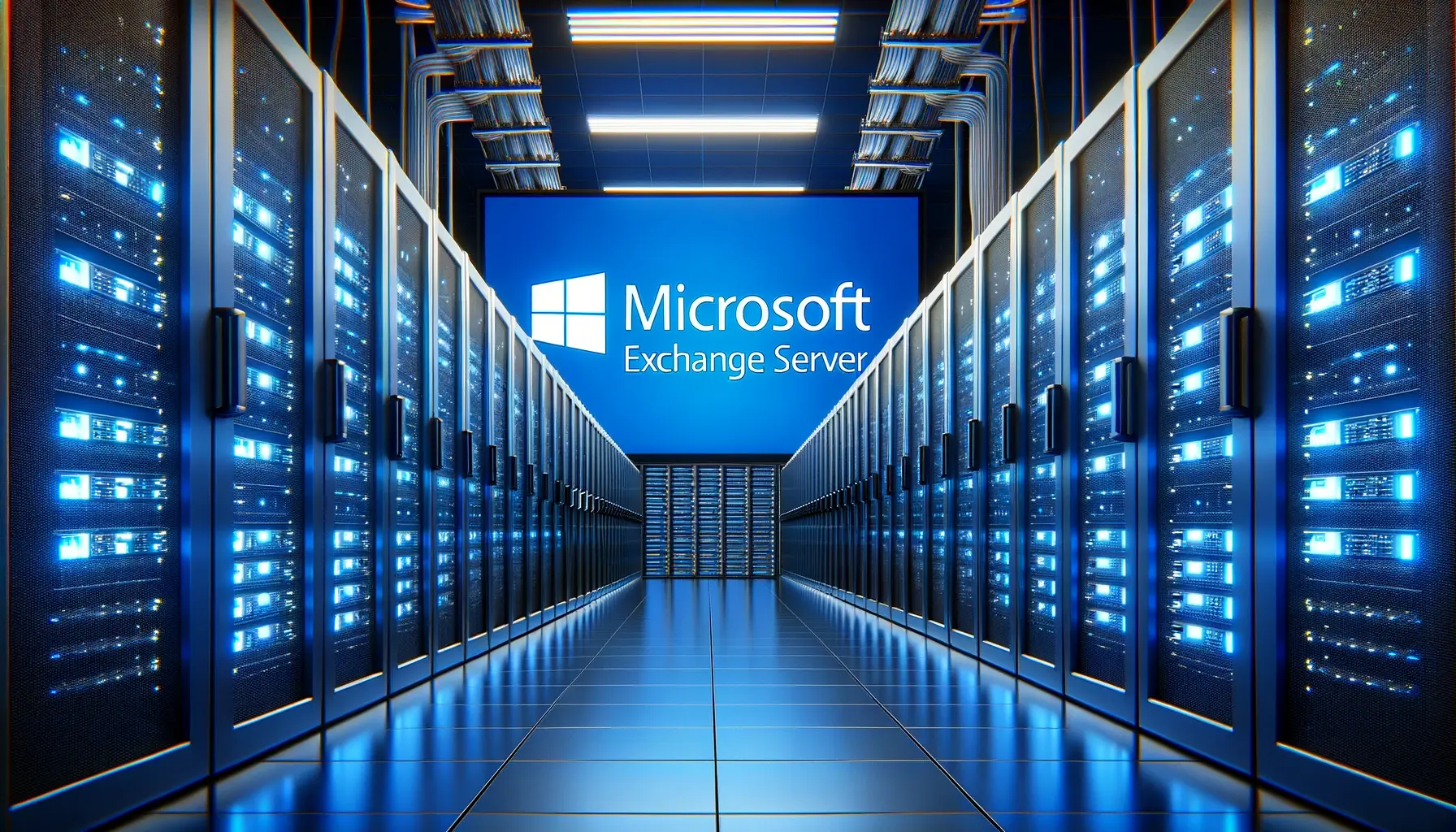Microsoft Exchange Server 2010: A solid foundation for business communications
Introduction to Exchange Server 2010
Microsoft Exchange Server 2010 was a watershed in the development of enterprise messaging solutions, introducing numerous improvements to efficiency, manageability and user experience. As a robust and mature platform, Exchange 2010 continues to support many organizations worldwide today.

What's new with Exchange Server 2010
With the introduction of Exchange Server 2010 came important features such as Database Availability Groups (DAGs) for improved high availability and recovery capabilities, as well as new compliance and archiving features that are of great benefit to organizations in regulated industries.
Key features of Exchange Server 2010
Improved user experience
Exchange Server 2010 brought an optimized version of Outlook Web App (OWA) that provided a richer web browser experience, including premium features for Internet Explorer, Firefox and Safari for the first time.
Enhanced collaboration
By integrating SharePoint and Office Web Apps, Exchange 2010 improved the ability for users to collaborate, share and edit documents within OWA.
Enhanced security and compliance
Exchange Server 2010 strengthened security and compliance features with the ability to implement data loss prevention policies and easier e-discovery options.
Role-Based Access Control (RBAC)
With RBAC, administrators were able to set up fine-tuned access controls, resulting in better internal security and minimizing errors.
Improved availability and disaster recovery
The introduction of database availability groups provided a simple solution to keep databases highly available and minimize downtime in the event of a server failure.
Simplified backup and recovery
Thanks to the new architecture, many backup and recovery processes could be simplified or even eliminated, which both simplified administration and reduced the total cost of ownership.
Sustainability of Exchange Server 2010
Continuous support
Even though newer versions of Exchange Server are available, Exchange 2010 is still valued and used in many organizations due to its stability and reliability.

Platform for the future
For organizations seeking a phased migration or a hybrid approach with cloud services, Exchange Server 2010 can serve as a stable starting point.
Microsoft Exchange Server 2010 established itself as a reliable and functional communication solution that still meets the requirements of many companies today. This category text provides you with a comprehensive insight into the features, benefits and continued relevance of Exchange Server 2010 in the current technology landscape.








































